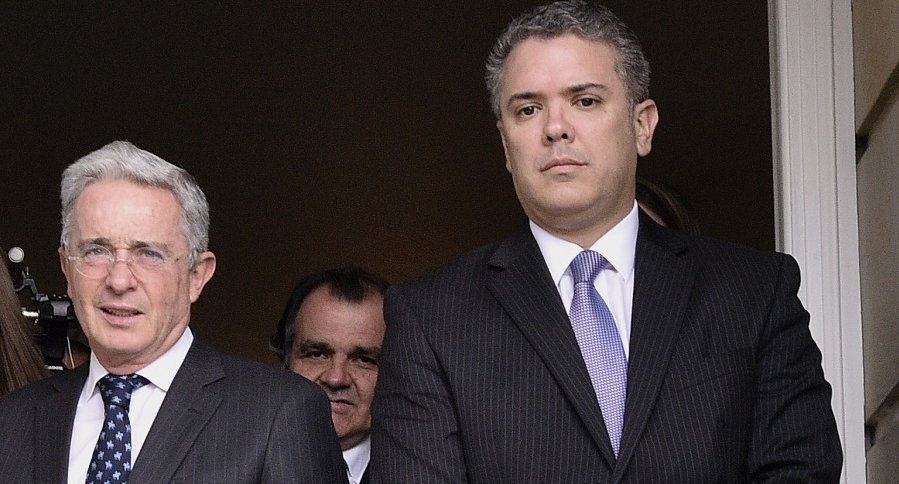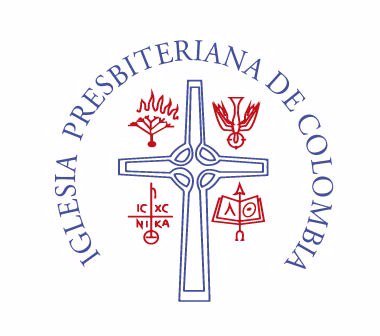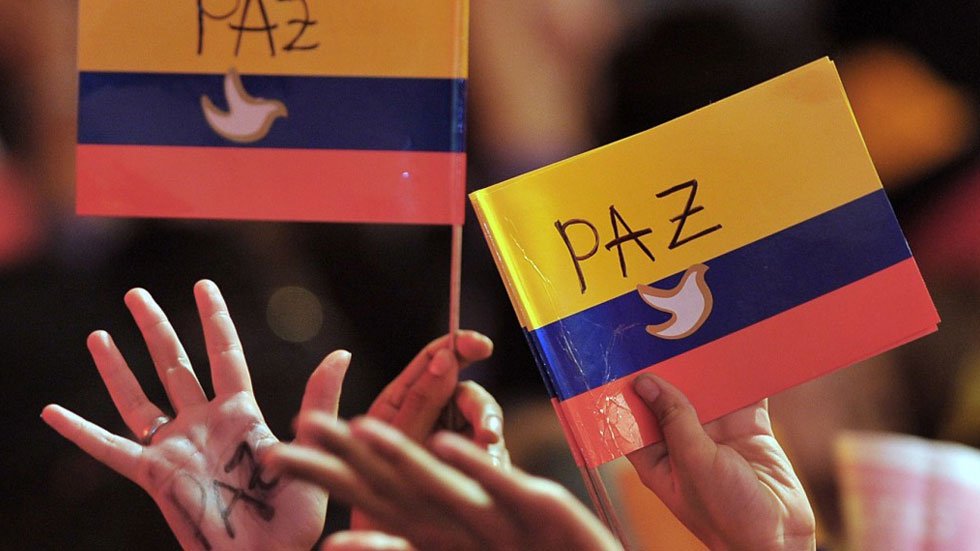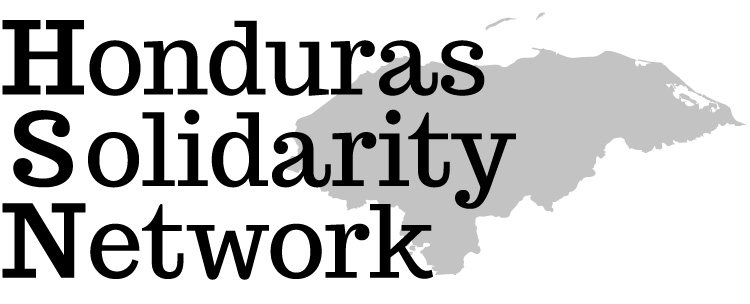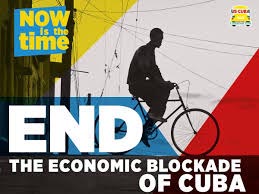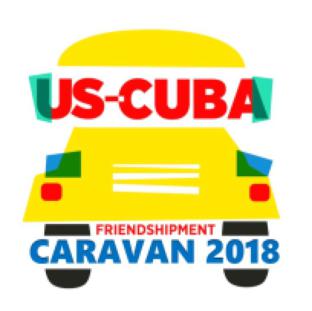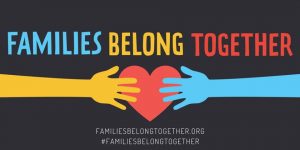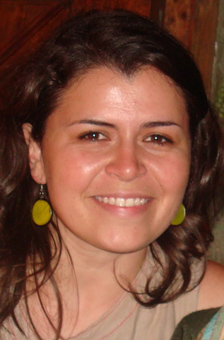Background
In 2016, the Colombian government, under then-President Juan Manual Santos, reached an agreement for Peace with the long-standing rebel group FARC, whose acronym in Spanish stands for the Revolutionary Armed Forces of Colombia. Left out of this Accord, unfortunately, were the other major rebel group ELN and the paramilitary forces that often seemed to carry out atrocities with the tacit approval of the Colombian military. Atrocities against civilians were committed by all of these groups during the civil conflict in Colombia, which has been ongoing for the past 50+ years, despite multiple previous efforts to reach peace.
This accord was the first to include such broad citizen participation in the negotiation stage, which was held in Havana, Cuba, and included multiple representatives from civil society, including representation of Afro-Colombians, Indigenous persons and women.
Despite these high levels of involvement, when the Peace Agreement was put to a public vote in a plebiscite in the fall of 2016, Colombians voted No to peace by a 2% margin. The No camp was strongly led by former-president Alvaro Uribe, a prominent conservative, wealthy landowner and leader of the Democratic Center political party, who campaigned tirelessly to defeat the Peace Agreement. Many found the peace agreement to be too lenient towards the demobilized members, many of whom would see no jail time for the actions and would receive immediate seats in Congress. Others were swayed by conservative propaganda that alleged that one of the results of the Peace Agreement would be the institution of liberal sex education curricula in the schools.
The Colombian government considered the No camp’s qualms with the agreement and made some revisions accordingly, and the peace agreement passed the Colombian Congress later in 2016.
However, since that time, not much has really been done with the ambitious agreement. The agreement spans multiple issue areas and contains six main focus areas concerned with building a stable and lasting peace. These areas are:
- Towards a New Colombian Countryside: Comprehensive Rural Reform
- Political Participation: A Democratic Opportunity to Build Peace
- End of the Conflict
- Solution to the Problem of Illicit Drugs
- Agreement Regarding the Victims of the Conflict
- Implementation and Verification Mechanisms
Of these issue areas, only about half have seen any sort of marked effort for implementation, and even then not necessarily a full implementation. Illicit crops and their eradication have been a prominent topic, as well as the end of the conflict and means for reincorporation of demobilized FARC members into legal civilian life and areas regarding the victims of the conflict.
Illicit Crops and their Eradication
The section of the accord dedicated to illicit drugs offered many potential solutions for the eradication of crops made for illicit use as well as for the problem of illicit drug use, but neither have really arrived at a truly influential level of implementation.
Eradication of crops has been a slow process, as the fight between manual and aerial eradication continues. Proponents of manual eradication argue that it offers a more thorough and complete eradication of coca crops without spreading harmful herbicides over other crops and the communities, while also offering a more direct method of crop substitution and replanting of other, non-illicit crops. Those in favor of aerial eradication favor the increased efficiency of fumigation by planes or drones and claim that manual eradication is too slow of a process and also leaves open the possibility of resistance from growers.
The Peace Accord offered very explicit proposed solutions that all were centered on crop substitution and joint planning with the affected communities, but in reality it seems as if there has been very little direct involvement of the community growers. In particular, the Peace Accord contains an Ethnic Chapter mandating the direct involvement of Afro-descended and Indigenous community members in planning the implementation phase of the Accord, a stipulation that has so far not been honored.
Despite the government’s plans to eradicate coca crops, Colombia will never see true eradication until the government can offer viable alternative crops or some other means of livelihood to the rural growers. Without a guaranteed source of income, growers will never be willing to substitute their crops and the problem of illicit crops will continue.
End of the Conflict and Reincorporation
The Peace Agreement’s focus on the end of the conflict and reincorporation for demobilized FARC members has most likely been the most effectively implemented portion of the accord.
The end of the conflict centered on the bilateral and definitive ceasefire and cessation of hostilities and laying down of arms. The laying down of arms was a UN monitored mission, as part of the tripartite Monitoring and Verification Mechanism comprised of the Colombian government, the UN and the FARC.
The UN mandate was to maintain a focused presence in areas heavily influenced by the FARC presence and was split into two distinct missions, with the first focused on the laying down of arms and the second as a verification mission. According to the UN, the ratio of weapons to combatants that were turned in was favorable, which is a good indicator of a successful disarmament.
The reincorporation process of the FARC into legal civilian and political life has proved both controversial and somewhat successful, although the government has not fulfilled all the promises of the agreement. The Peace Accord allowed for a section describing the political reincorporation of the FARC as a reorganized political party instead of a rebel group, with representation in Congress as well as funds for running and maintaining a political party.
The Peace Accord also offered a suggested allowance or financial support package for reincorporated FARC members to “start an individual or collective socially-productive project” as well as other economic and social benefits to members.
Although the FARC members have demobilized, many are still without resources or education, both of which were mentioned in the accord, and the lack of these resources have contributed to ongoing conflict in many areas.
Regarding the Victims of the Conflict
The main point in the agreement regarding the victims of the conflict was the establishment of a Comprehensive System for Truth, Justice, Reparation and Non-Repetition. This system was designed to be made up of different judicial and extra-judicial mechanisms, with the following objectives:
- to achieve the maximum possible realization of victims’ rights;
- to ensure accountability for what happened in the conflict;
- to guarantee the legal certainty of those who take part in the comprehensive system; and
- to help facilitate social coexistence, reconciliation and guarantees of non-repetition of the conflict.
The System also was designed with four main tenets:
- Comprehensiveness: the different mechanisms are connected in a coherent manner;
- Conditionality: each special justice proceeding will be conditional on guarantees of non-repetition, as well as on contributions to the establishment of the truth, and to reparations;
- Universality: the system will be applied, in a differentiated manner, in order to grant equitable and simultaneous treatment to all those who, having taken part directly or indirectly in the armed conflict, provided that they comply with the relevant conditions of the Comprehensive System; and
- Participation: the victims will participate in all of the different processes of the Comprehensive System
There are six different mechanisms of the System as laid out in the Peace Agreement:
- Truth, Coexistence and Non-Repetition Commission,
- Special Unit for the search for persons deemed as missing in the context of and due to the armed conflict,
- Special Jurisdiction for Peace,
- Comprehensive reparation measures for peace building purposes,
- Non-Repetition Guarantees,
- Commitment to the promotion, respect for and guarantee of human rights.
Of these six mechanisms, the most widely seen, and also perhaps the most controversial, is the Special Jurisdiction for Peace. The main reason for this controversy stems from the fact that the underlying principal of the Special Jurisdiction for Peace (known by its acronym in Spanish as the JEP, or Jurisdicción Especial para la Paz), is a guarantee of amnesty and no requirement for serving any jail time for perpetrators of crimes that admit their wrongdoing and recognize their responsibility, in an attempt to facilitate reconciliation processes.
Many people find this to be too lenient on ex-guerillas as well as ex-military members, as it seems that many will choose to accept their responsibility in exchange for no jail time, but to many of the victims of the conflict this is not a severe enough punishment. The Accord claims that those who “decisively participated in the most serious and representative crimes and recognize their responsibility, will receive a sanction containing an effective restriction of their liberty for 5-8 years, in addition to the obligation to carry out public works and reparation efforts in the affected communities.”
Although the Accord also offers a detailed list of crimes that will not be the object of amnesty or pardon, such as crimes against humanity, genocide, serious war crimes, crimes of a sexual nature, extra-judicial executions, recruitment of minors, and other such serious crimes, many are still not pleased with what they see as a move that is more favorable towards the ex-FARC members and Colombian military members than to the victims.
With all this controversy, the JEP is not progressing as fast as had been intended, and under the new administration, it is uncertain what the future of this special jurisdiction will be.
The Truth, Coexistence and Non-Repetition Commission has taken some steps in terms of contributing to the historical clarification of what happened and promoting and contributing to the recognition of the victims. However, there is still much to be desired with many mechanisms of the Comprehensive System.
Overall, the Peace Accord has seen much less implementation than many had initially hoped. There has been little done in terms of comprehensive rural reform or implementation and verification mechanisms, and the items regarding political participation still have not seen much in terms of implementation. Voter turnout in Colombia remains low and very divided between urban and rural communities. Many conflict-heavy areas are still struggling, such as rural, Afro-descendent and Indigenous communities, despite the Peace Accord’s intent to involve them directly in decisions affecting their communities, an intent which so far has not been implemented.
New Administration, New Challenges
May 2018 saw the election of Ivan Duque as Colombia’s new president, a staunch conservative and protégé of Alvaro Uribe. One of Duque’s main points during the election was his opposition to the current Peace Accord, something that worries the many proponents of peace in Colombia.
Although Duque cannot completely erase the existing Peace Accord, he can focus on only one part of it or move so slowly to implement it that much of the Accord will remain on paper alone. It remains to be seen if the segment of the Colombian public that wants to see the Peace Accord implemented can bring enough pressure to bear on the Duque administration to push him to do so more quickly and if the international community will be interested enough in the success of the Peace Accord to back them up.
For additional reading:
https://www.reuters.com/article/us-colombia-election/colombia-president-elect-vows-to-unite-nation-alter-peace-deal-idUSKBN1JD03R
http://time.com/5297734/ivan-duque-colombia-election-risk-report/

